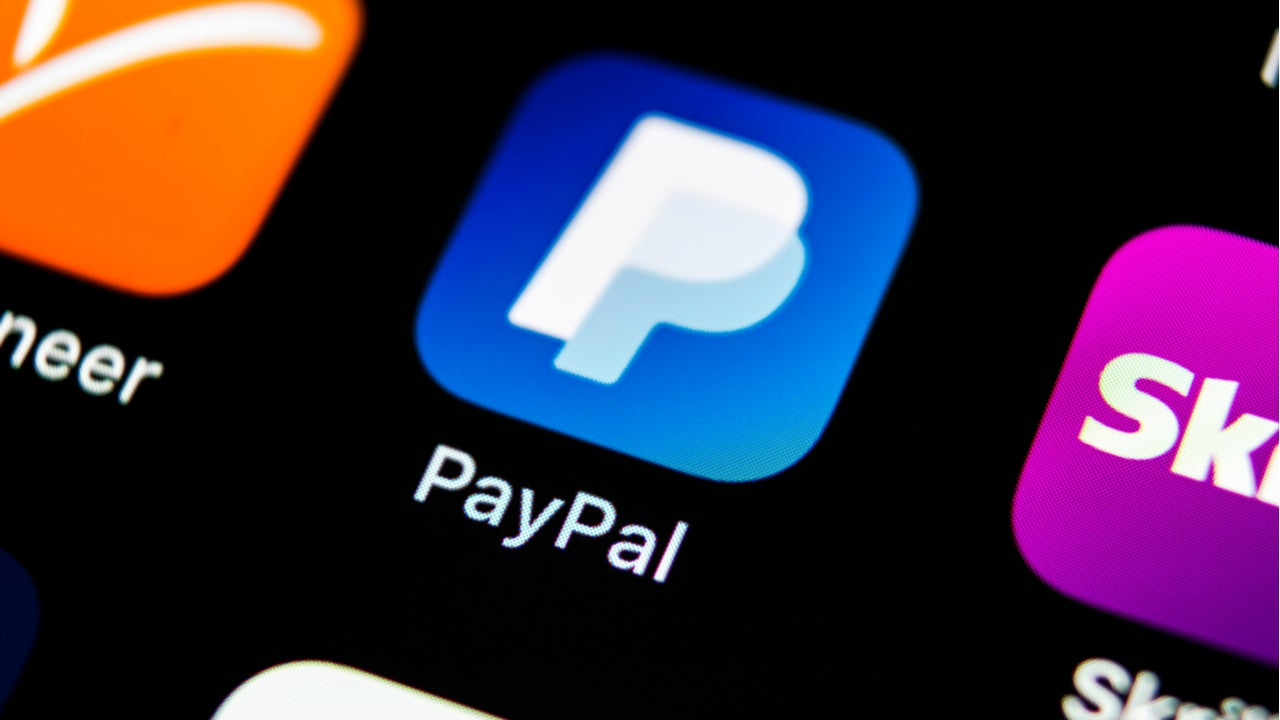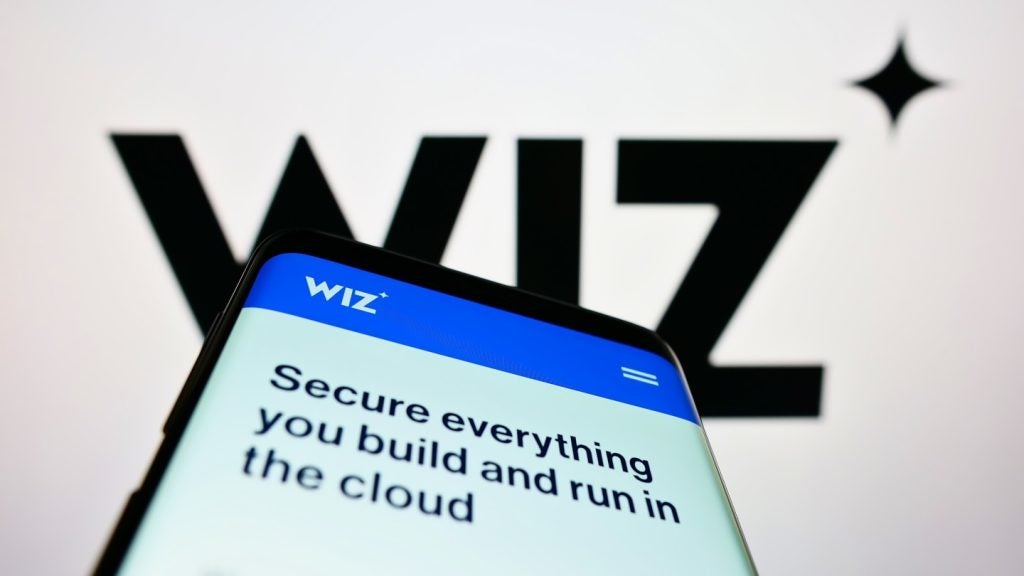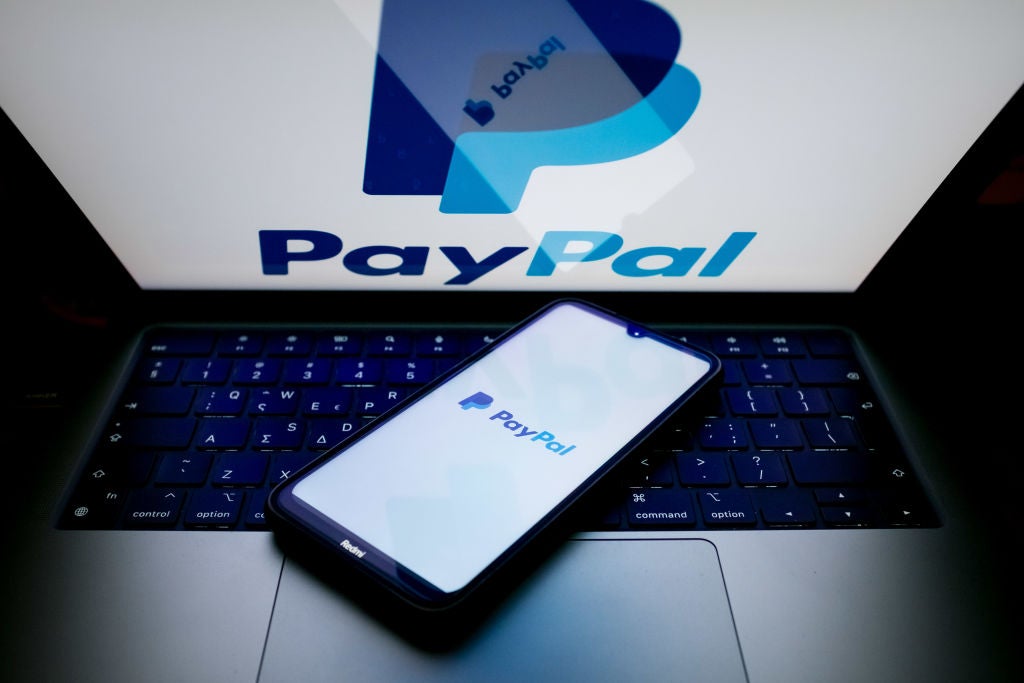The reported PayPal bid of $45 billion for Pinterest shows that the digital payments giant is serious about investing in the super-app model, with savings, ecommerce, cryptocurrency, and messaging services all folded in one single platform.
After rolling out a digital wallet service last month, which bundled payments, financial tools, and shopping services, the acquisition of Pinterest would add several additional tools to PayPal’s increasingly multi-faceted platform.
The boundaries between social media and ecommerce are blurred
Social media companies are stepping up efforts to allow shopping on their platforms. For example, Facebook is offering embedded payments as a key ingredient of its ecosystem and recently announced the launch of a digital currency wallet. Social media platforms are the perfect complement to online retail. Users can jump straight from an ad or post about a product to buying options. But super-apps are not just the future of social media companies.
Digital payment companies have also started to offer social networking services, providing payments and acting as social media platforms. PayPal last month announced that messaging would be added to its app, allowing users to message family, friends, and retailers from within the app.
The PayPal value lies in locking in the customer
As online shoppers increasingly buy goods directly through social media, Pinterest’s social commerce platform, which supports social interactions and user contributions to promote online buying and selling of products, would boost PayPal’s ecommerce offerings. It builds upon its 2019 acquisition of the coupon platform Honey, which helped consumers find deals while shopping online. Acquiring Pinterest would allow PayPal to lock in more customers on its platform, catering to Pinterest’s existing users and brand partners to grow the number of transactions.
In September, PayPal announced plans to acquire buy now, pay later company Paidy for $2.7 billion. The deal will allow PayPal users to spread costs over a period of time, usually without paying interest.
How well do you really know your competitors?
Access the most comprehensive Company Profiles on the market, powered by GlobalData. Save hours of research. Gain competitive edge.

Thank you!
Your download email will arrive shortly
Not ready to buy yet? Download a free sample
We are confident about the unique quality of our Company Profiles. However, we want you to make the most beneficial decision for your business, so we offer a free sample that you can download by submitting the below form
By GlobalDataThe relentless growth of social commerce
Pinterest, which described itself as a “media-rich utility” in its IPO prospectus, has been shifting from an image-sharing platform with virtual pinboards to a platform that connects shoppers with brands and influencers. Since its IPO in 2019, Pinterest’s shares have almost trebled. Its business boomed during the pandemic as lockdowns all over the world forced people to shop online. The social media company reported to have 454 million monthly active users in Q2 2021, a 9% Year-over-year growth.
In pursuing its super-app aspirations, companies like PayPal could end up attracting additional regulatory scrutiny. They risk being viewed as data monopolies in whichever sector they move into, increasingly at odds with antitrust and data privacy regulations. Not only is consensus growing on both sides of the Atlantic around regulating big tech companies, but now the Chinese government is also moving away from its light-touch approach towards domestic Big Tech and has recently joined Western regulators in seeking to redraft anti-competition law.
UPDATE
Since this story was originally published, PayPal has publicly said it is not looking to acquire Pinterest, at least not right now.








Related Company Profiles
PayPal Holdings Inc
Meta Platforms Inc
Pinterest Inc